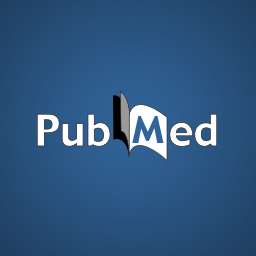Prior studies have shown a linear relationship between computed tomography (CT)-derived radiodensity and water uptake, or brain edema, within stroke lesions. To test the hypothesis that intravenous glibenclamide (glyburide; BIIB093) reduces ischemic brain water uptake, we quantified the lesional net water uptake (NWU) on serial CT scans from patients enrolled in the phase 2 GAMES-RP Trial (Glyburide Advantage in Malignant Edema and Stroke).
Intravenous Glibenclamide Reduces Lesional Water Uptake in Large Hemispheric Infarction
Prior studies have shown a linear relationship between computed tomography (CT)-derived radiodensity and water uptake, or brain edema, within stroke lesions. To test the hypothesis that intravenous glibenclamide (glyburide; BIIB093) reduces ischemic brain water uptake, we quantified the lesional net water uptake (NWU) on serial CT scans from patients enrolled in the phase 2 GAMES-RP Trial (Glyburide Advantage in Malignant Edema and Stroke).


